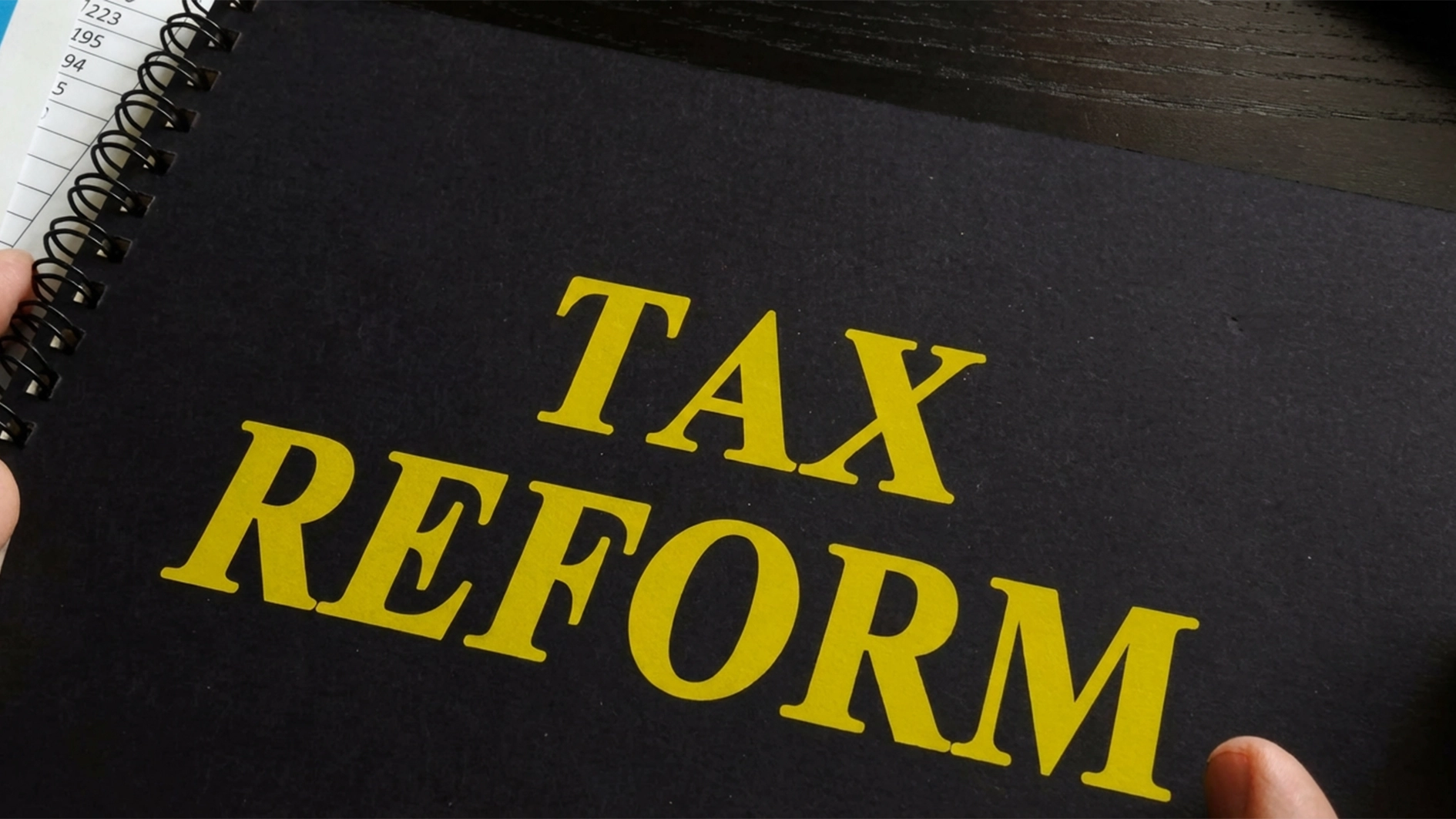•Shetima lauds progress, puts debt service to revenue ratio at 50%
•‘Dangote refinery is national asset, must be protected at all cost’
The World Bank has urged Nigeria to intensify efforts to reduce inflation if citizens are to feel the benefits of its economic reforms.
At the 31st Nigerian Economic Summit (NES31) in Abuja, World Bank Country Director for Nigeria, Mathew Verghis, said that while the reforms have “repositioned the country for long-term growth”, inflation and high interest rates are undermining their impact.
Verghis emphasised that bringing inflation under control must be a top priority to enable Nigerians to begin to experience the real effects of the reforms.
“If you care about job creation, then you must identify the sectors that will create jobs and strategically support them. Agribusiness in Nigeria comes to mind very easily, but we must move beyond subsidies to policies that enhance competitiveness,” he added.
This came as the Vice President, Kashim Shettima, has hailed the economic progress the country has recorded under the current administration, saying it is on track for full recovery.
The Vice President also commended the improvement in revenue mobilisation, noting that the debt service-to-revenue ratio has been reduced from 97 percent to less than 50 percent.
He stated that over the last two years, the economy has expanded from $309.5 trillion in 2023 to $372.8 trillion, while total revenue collection rose from N19.9 trillion in 2023 to N25.2 trillion in 2024.
According to him, as of August, the revenue collected has reached N27.8 trillion, surpassing the 2025 revenue target of N18.32 trillion.
“The triumphs are guided by the promise we made to the country, to bring down Nigeria’s debt service to revenue ratio from 97 per cent to a sustainable level. As we speak, this ratio is now less than 50 per cent,” he said.
He noted that the reforms championed by the administration have begun to yield tangible results, which he said are shown in the second quarter 2025 gross domestic product (GDP) growth of 4.23 per cent.
The VP noted that the figure surpasses projections by multilateral agencies and local think tanks.
“Our debt-to-GDP ratio now stands at 38.8 per cent, far below the 60 per cent limit set by the Fiscal Responsibility Act and those of ECOWAS and World Bank at 70 per cent,” he said.
He said ‘the better days’ the government promised are already within sight as the government continues to improve the quality of life of the people.
On the feud between Dangote Refinery and Petroleum and Natural Gas Senior Staff Association of Nigeria (PENGASSAN), the VP said Nigeria is bigger than any labour union.
While stating that Dangote Refinery must be protected at all costs, he added that the $20 billion facility is a national asset that must be supported to function.
“Aliko Dangote is not an individual; he is an institution. And he is a leading light in Nigeria’s economic parliament. How we treat this gentleman will determine how outsiders will judge us. If he had invested $10 billion in Microsoft, Amazon, or Google, he probably would be worth $70 to $80 billion by now.
“But he opted to invest in his country; we owe it to future generations to jealously protect, promote, preserve and protect the interests of this great Nigeria.
“I wish to call for caution, retrospection and a deeper sense of patriotism from both labour and the organised private sector in defining and improving the relationship between labour and industry in the interest of maintaining our steadily improving economic fortunes. It is not about holding the whole nation to ransom because of a minor labour dispute,” he insisted.
Minister of Budget and National Planning, Atiku Bagudu, said the economy is showing a positive recovery and growth with the first quarter of 2024 recording a 2.98 per cent increase, followed by 3.15 per cent in the second, 3.46 per cent in the third, and 3.84 per cent in the fourth.
“This resulted in an annual growth rate of 3.4 per cent for 2024, a 0.66 percentage point improvement from the 2.74 per cent recorded in the previous year,” he noted.
Chairman of the Nigerian Economic Summit Group (NESG), Olaniyi Yusuf, noted that Nigeria’s foreign direct investment (FDI) remains weak despite slight improvements in fiscal conditions.
Yusuf also noted that the way Nigeria treats its domestic investors will serve as a signal to foreign investors who are assessing the credibility and stability of the country’s business environment.






